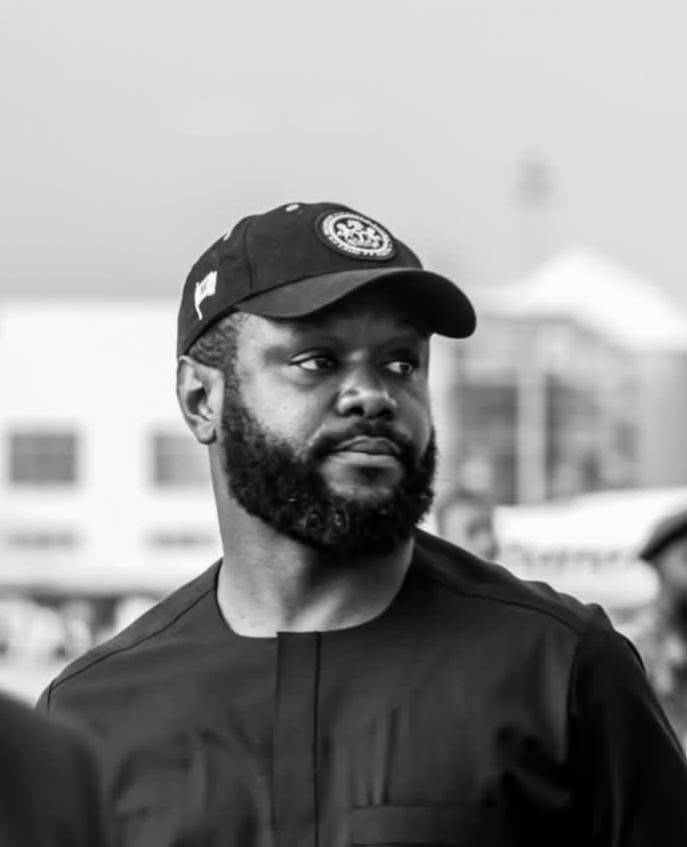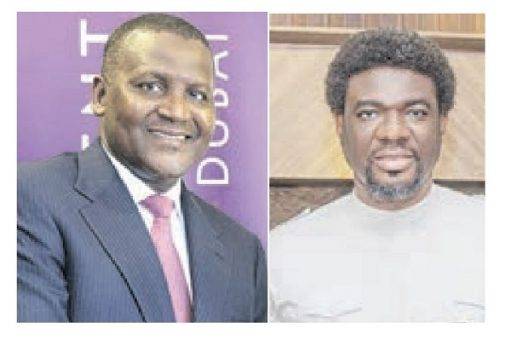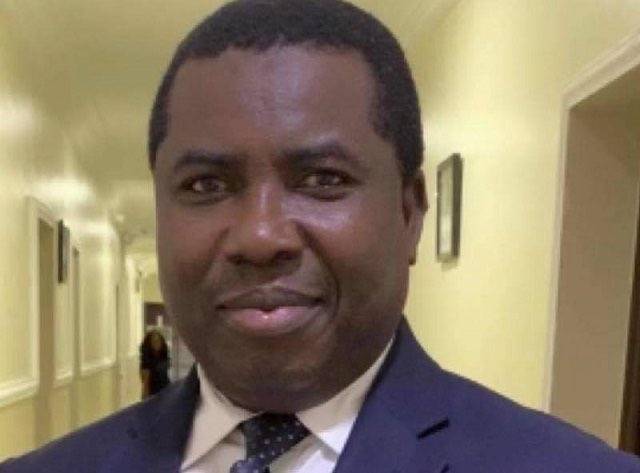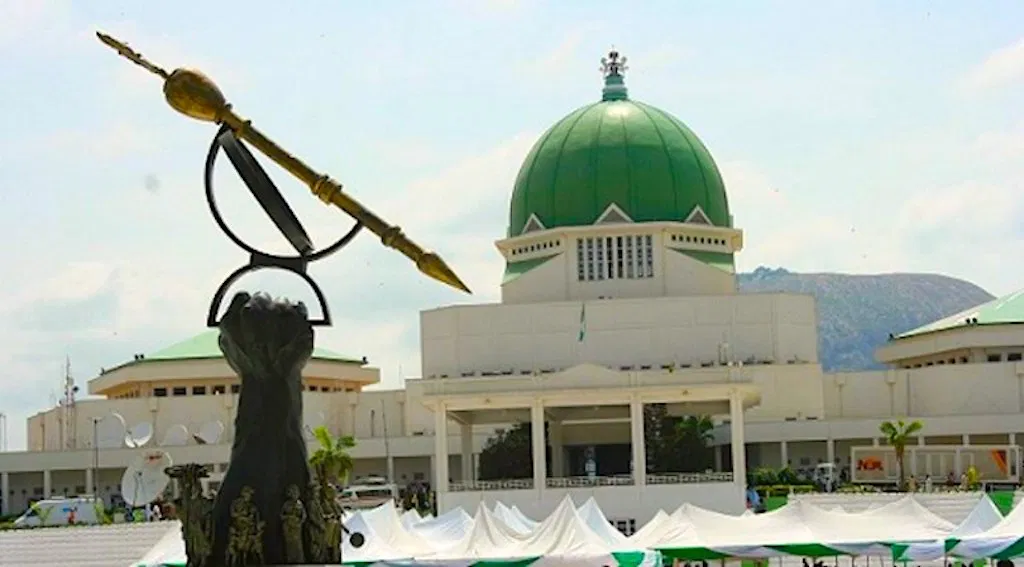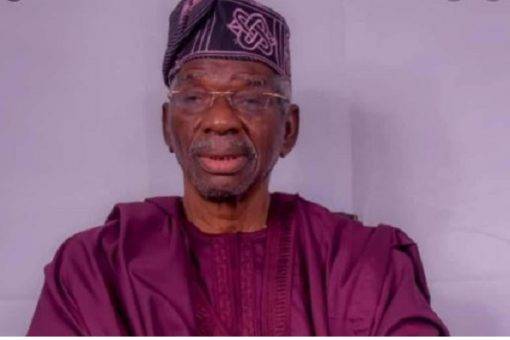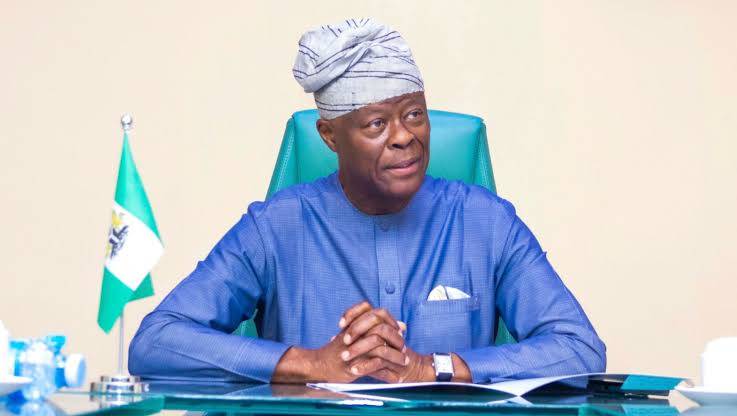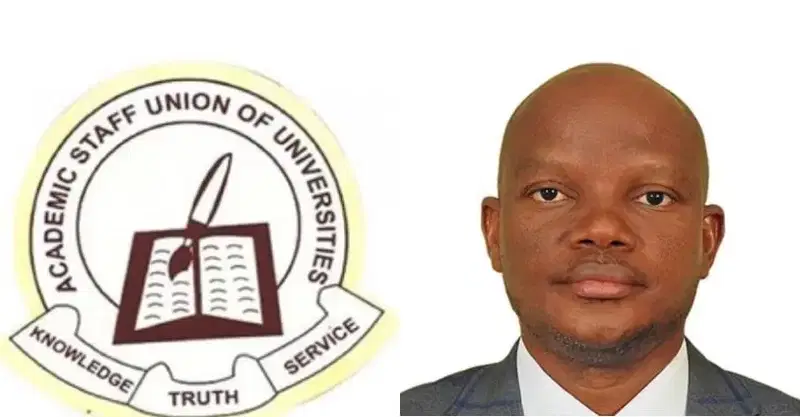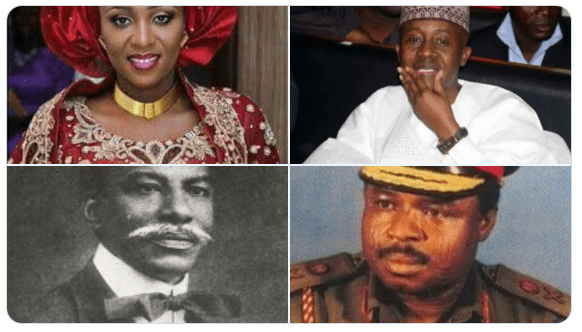The Economic Community of West African States (ECOWAS) has declared as unlawful the ban on Twitter in Nigeria by Muhammadu Buhari.
The international organization made the declaration while delivering the ruling on the case on Thursday at a court where it noted that, with the ban, the Nigerian federal government contravened the provision of Article 9 of the African Charter on Human and People’s Rights and Article 19 of the International Covenant on Civil and Political Rights both of which Nigeria is a member state.
Delivering the judgment, according to the deputy director of Socio-Economic Rights and Accountability Project (SERAP) Kolawole Oluwadare, the court strongly cautioned the Nigeria federal government against the repetition and also declared other punitive measures.
The federal government had in July 2021 declared a total ban on Twitter after a tweet made by President Muhammadu Buhari was taken down by the microblogging all for what it said violation of it rules.
The president’s controversial tweet was a comment on the attacks on corporate offices in the southeast, which he blamed on regional secessionists.
In the tweet, Buhari referenced the 1967-70 Nigerian Civil War when he hinted on treating “those misbehaving today” in “the language they will understand”.
Following Twitter’s deletion of the controversial tweet, the federal government subsequently announced a total ban on the app by declaring its usage in the country as illegal and threatened to arrest and prosecute anyone using it.
The bad was effective for seven months.
Delivering the judgment, the International court declared the ban on Twitter as ‘unlawful’ and ‘inconsistent’ with the provision of Article 9 of the African Charter on Human and People’s Rights and Article 19 of the International Covenant on Civil and Political Rights both of which Nigeria is a member state.
“The Buhari administration in suspending the operations of Twitter violates the rights of SERAP and 176 concerned Nigerians to the enjoyment of freedom of expression, access to information and the media, as well as the right to fair hearing,” the court judged.
Also, the court ordered the Nigerian federal government to take necessary steps in synchronizing its policies and other regulations to give effect to the rights and freedoms and to ensure that the repeat of the Twitter ban does not occur and also ordered the Buhari administration to bear the expenses of the proceedings and directed the Deputy Chief Registrar to assess the costs accordingly.
Giving his take on the judgment, SERAP’s counsel, Femi Falana, SAN said, “We commend the ECOWAS Court for the landmark judgment in the case of SERAP v Federal Republic of Nigeria in which the Judges unanimously upheld the human rights of community citizens to freedom of expression, and access to information. Even though the Court had granted an interim order of injunction last year which restrained the Attorney-General of the Federation and Minister of Justice, Mr. Abubakar Malami SAN from prosecuting Nigerians who defied the Twitter ban, SERAP deserves special commendation for pursuing the matter to a logical conclusion.
“Freedom of expression is a fundamental human right and the full enjoyment of this right is central to achieving individual freedom and to developing democracy. It is not only the cornerstone of democracy, but indispensable to a thriving civil society.
“With the latest decision of the Court to declare the suspension of Twitter in Nigeria illegal, it is hoped that the Heads of State and Governments of the member states of the Economic Community of West African States will henceforth respect and uphold the human right of community to freedom of expression guaranteed by Article 9 of the African Charter on Human and Peoples Rights.”




